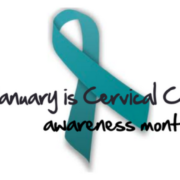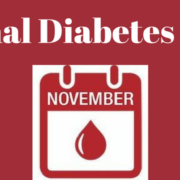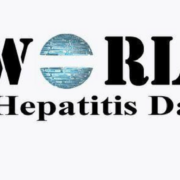Cervical Health Awareness
January is Cervical Health Awareness Month. The goal of this month is to raise awareness on how to protect against Human Papillomavirus (HPV) and cervical cancer. HPV is the most common sexually transmitted infection (STIs) in the United States, affecting nearly 80% of women, at least once in their lifetime. According to WomensHealth.gov, though most cases don’t show any symptoms, and usually goes away on its own, if it doesn’t, HPV can lead to:
- Cervical cancer
- Other genital cancers (e.g. cancers of the vulva, anus, penis, etc.)
- Oropharyngeal cancer (i.e. cancer of the back of the throat, affecting tongue and tonsils)
- Genital warts
However, there is good news. With HPV vaccine shots, regular screenings, and follow-up care, HPV and cervical cancer can often be prevented. This is one of the many reasons why a yearly well-woman visit is important. Other ways to prevent HPV and the risk of cervical cancer include:
- Get tested – make sure you are your partner are tested for STIs
- Use condoms – condoms have been linked to lower cervical cancer rates
- Limit your number of sexual partners – your risk increases with the number of partners you have
As parents, it’s important to understand the benefits of the HPV vaccines, and have them administered to your children, both boys and girls. Though encouraged to get the vaccine during the pre-teen years, teens and young adults are still able to receive the vaccine (boys – up to age 21; girls – up to age 26).
R-Health gives our members access to vaccines right in the office. If you want to learn more about the HPV vaccine, or want more tips to prevent cervical cancer, call your local R-Health office to get started.













Leave a Reply
Want to join the discussion?Feel free to contribute!